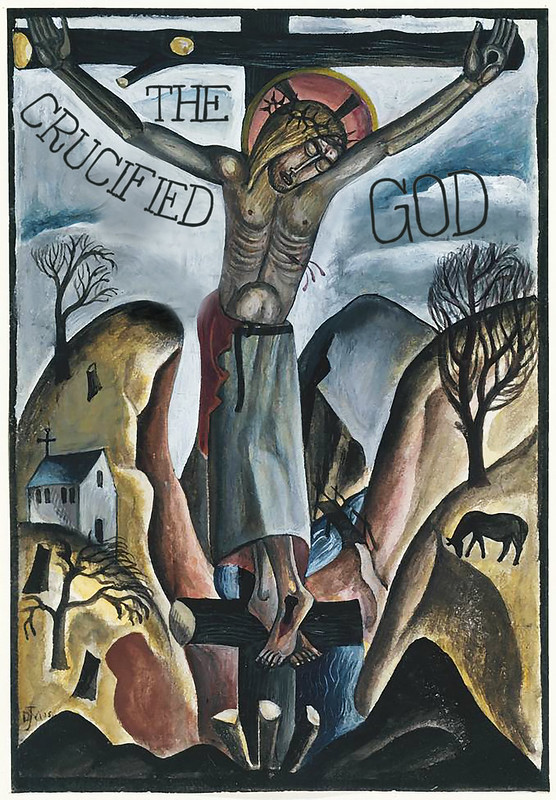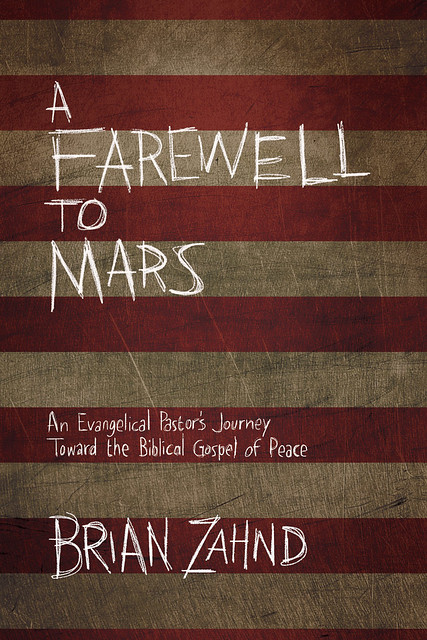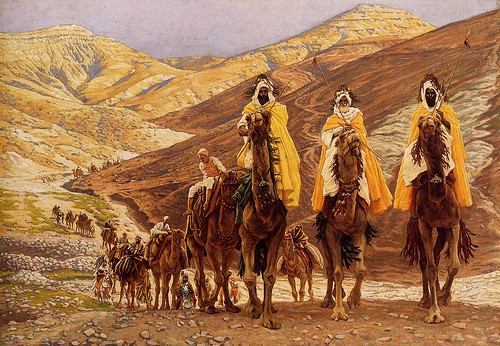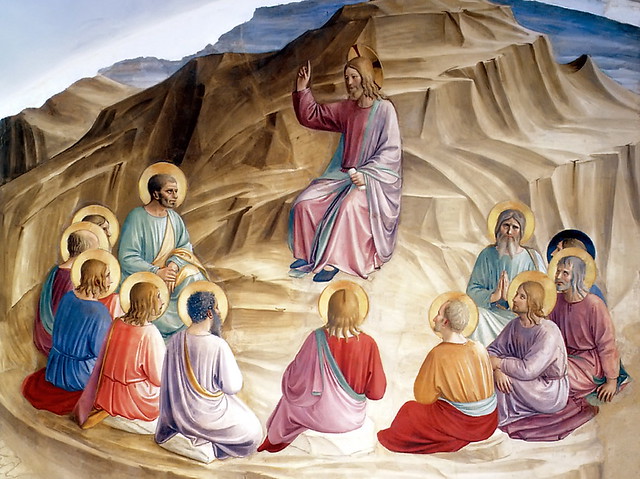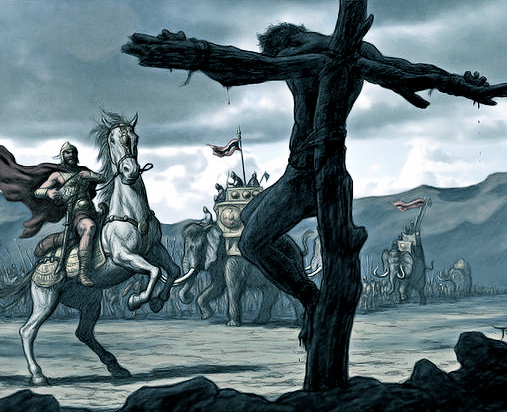Bread, Circuses, and Violence
Bread, Circuses, and Violence
Brian Zahnd
On Sunday the Gospel reading was the temptation of Jesus (Matthew 4:1–11). After church someone asked me if I thought the temptation of Jesus was literal. The questioner was struggling with what seemed to be a cartoonish contest between Jesus and the devil. This person was particularly perplexed by the idea that Jesus would actually be tempted to worship Satan.
So when asked if I thought the temptation account was “literal,” what did I say? I said, yes and no. I certainly believe Jesus encountered Satan in the wilderness and was tempted. But I don’t think the devil showed up in a red suit sporting a tail and a pitchfork saying, “Hello, I’m Lucifer, and I’m here to put you through your paces. Alright, shall we get started? First off, how about turning that rock into lunch? No? Okay. What about showing off with a leap from the temple? No again? Well, how about you just fall down and worship me and I make you king of the world and we’ll call it a day?”
No, I don’t think it was quite like that. It wasn’t cartoonish. It was far more subtle and insidious than that. I suspect the satan came to Jesus the same way he comes to you and me: disguised as our own thoughts. Just like the temptation of Adam and Eve in the garden of Eden. I’ve never met a talking snake, but I’ve sure had some serpentine thoughts crawl through my head! So let’s treat the temptation of Jesus seriously.
What was Jesus doing in the wilderness? Fasting, praying, preparing to begin his ministry. What was on his mind? We might assume he was contemplating how to go about his work. That’s when subtle and satanic thoughts entered the mind of the Son of God.
Read more

